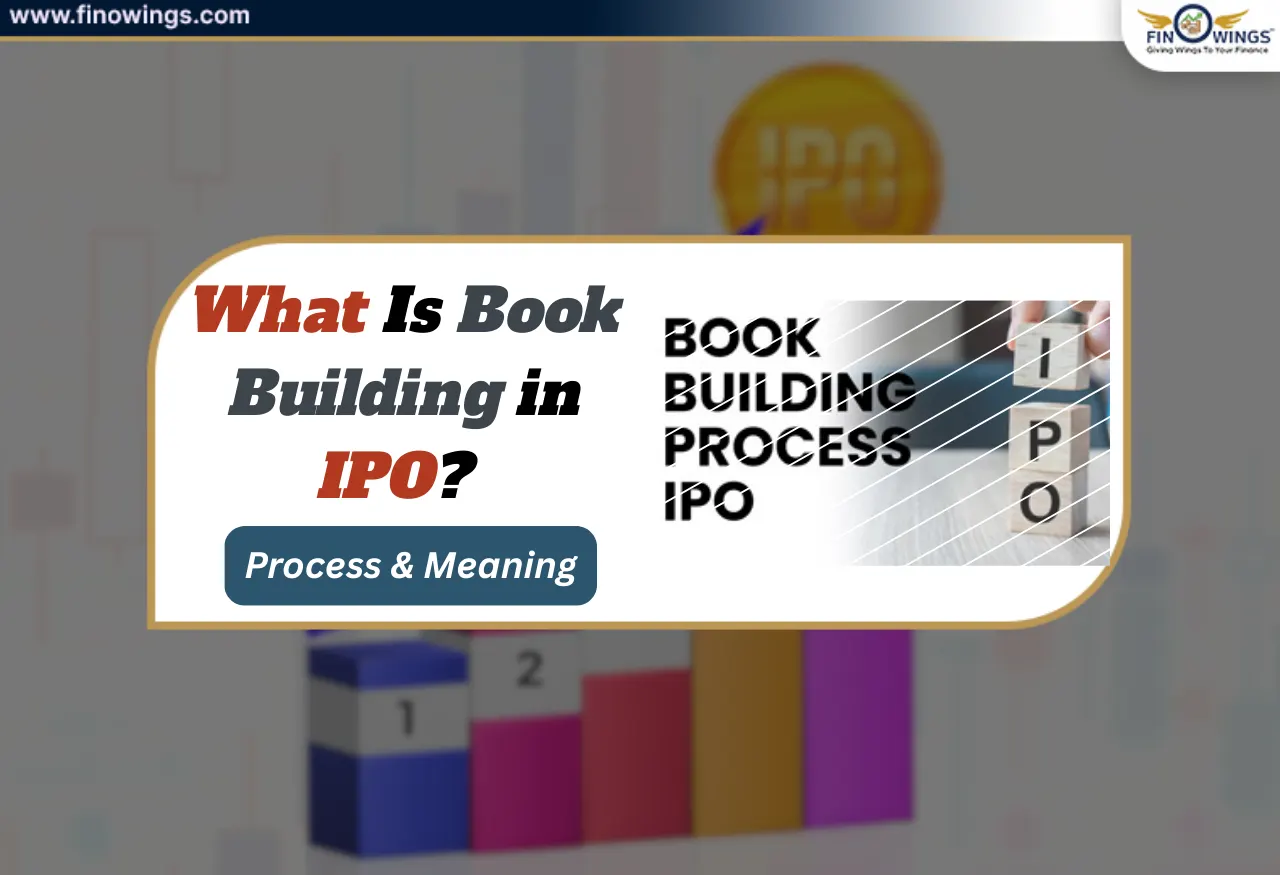Home >> Blog >> what is insider trading?
what is insider trading?

Table of Contents
Introduction
Insider trading is malpractice involving buying or selling a public company's securities, such as equities or stocks and bonds, by someone who has non-public information about that security for any reason. Material information is defined as non-public financial information about a publicly traded company that may result in a substantial impact on the decision of an investor regarding whether to buy or sell securities. For example, let's say you work as a director in a company planning to make an acquisition. This information will be counted as internal information if it is not public. However, it becomes a crime if you either tell a friend about it and that person buys or sells a financial asset using that information or makes a trade yourself.
Insider trading constitutes a breach of trust and fiduciary duty and has profound legal implications. This undermines investor confidence in the fairness and integrity of the securities markets. The victims are often retail investors and the economy as a whole. To prevent such acts in common investors' interest and promote fair trade, the stock market regulator SEBI (Securities and Exchange Board of India) prohibited the firms from buying their shares from the secondary market.
Meaning of the term ‘Insider’
Insider trading can be either illegal or legal, depending on when the insider trades. For example, insider trading is considered illegal when insiders invest in stocks based on material information while there is no public information about that stock. However, if the information is publicly accessible to all concerned investors, it will not be considered a case of illegal insider trading. Consequently, the definition of an "insider" can vary significantly under different jurisdictions and countries. Some may adhere to a narrower meaning and only consider people within the company with direct access to information as "insiders." On the other hand, some people might even consider people related to company executives as "insiders."
Is Insider trading legal in India?
Insider trading has been one of India's foremost financial crimes since the early 1920s. SEBI is the regulatory authority for insider trading in India under the ownership of the Ministry of Finance within the Government of India. The Securities Exchange Board of India (SEBI) derives its power to make rules for insider trading under the SEBI Act 1992. It is the responsibility of SEBI to regulate and secure the securities market in India. In addition, SEBI also monitors insider trading of securities. SEBI has made detecting and prosecuting insider trading violations one of its enforcement priorities.
According to SEBI, insider trading is the buying and selling of shares by an 'insider' based on unpublished price-sensitive information (UPSI), which may materially affect the stock price, but is yet to be made public. SEBI regulations define an 'insider' as an individual connection or having access to the UPSI. An individual connection can be anyone associated with the company during the six months preceding the insider trade. For example, it can be directors or employees of the company or their close relatives, legal advisors or bankers of the company or even officers or trustees of stock exchanges, or employees of any asset management company who interacted with the company.
SEBI’s Role and Power in curbing Insider Trading:
SEBI was set up as a statutory body that works under the framework of the Securities and Exchange Board of India 1992. The various roles and powers of SEBI are discussed under Section 11 of the SEBI Act, 1992. In addition, the Companies Act 2013 and SEBI Act 1992 prohibit insider trading in India.
-
The principal duty of SEBI is to protect the interest of investors and ensure fair trade.
-
To provide equal opportunity to all investors in the market.
-
It provides a free flow of information and prevents information homogeneity.
-
Ensures fairness and transparency in all transactions
-
To conduct the investigation, SEBI may appoint officers who look after the books and records of insiders and other associated persons.
-
An insider must provide the required documents to the investigating officer. However, it neither has any power to investigate on oath nor has the same power vested in a civil court during the trial of a trial under the Code of Civil Procedure, 1908.
-
After all the investigations, the officer has to submit the report within 1 month as per SEBI 1992 rules. It is also up to the Inquiry Officer to take longer if he finds that the work cannot be completed within the stipulated time.
-
After submission of the final report, SEBI has to inform the insider about the findings and issue a show cause to the insider or other person within 21 days of receiving the communication.
-
Any person who feels aggrieved by the directions of SEBI can appeal to the Securities Appellate Tribunal (Regulation 15).
-
An appeal can be filed within 45 days from the date the appeal was filed, from the date of the receipt of the copy of the order. SEBI (Inside Trading) Regulations, 1992 consists of three chapters, twelve regulations, etc.
Penalties for doing insider trading in India
If someone is caught in insider trading, he can be sent to jail, fined, or both. Penalties for insider trading have been defined under Chapter IV-A of the SEBI Act. The penalties as per SEBI (Amendment) Act are discussed below.
-
Section 15(G) (i): If an insider deals with any unpublished information either by himself or on behalf of any person on behalf of his company, he can be fined Rs 25 crore or 3 times of profit, whichever is higher.
-
Section 15G (ii): If an insider has provided any price-sensitive information, he could be fined up to Rs 25 crore or 3 times the profit.
-
Section 15G(iii): If an insider, based on published information, has made purchases of any other person to deal in the securities of a corporation, he may be fined up to Rs 25 crore or three times the profit, whichever is higher.
Conclusion
It is impossible to control insiders' actions fully; therefore, people holding top managerial positions must ensure that the directors, officers, and other company members set high standards of ethical behavior in their organizations to ensure the goodwill of the company is not damaged. This behavior cannot be compulsorily imposed on anyone. Indian authorities can also focus on adopting such techniques or technologies to help the speedy disposal of pending cases.
Finally, anyone who misuses information from their employer and trades stock on that information (either the employer's or the competitor's stock) may be guilty of insider trading. Similarly, employees of banks, law firms, or other companies who obtain insider information by providing services to the company and then trade securities based on that knowledge may also be guilty of insider trading. Therefore, it is advisable to experts that if a person ever finds himself in the position of an insider, it is vital to know the apparent differences between legal and illegal insider trading to avoid any financial and legal implications.
Author
Frequently Asked Questions
"Unpublished Price Sensitive Information" (UPSI) means any information, relating to a Company or its Securities, directly or indirectly, that is not generally known or published by the company, but if published or known, it has the potential to materially affect the price of Securities of the Company.
In India, anyone caught in the act of insider trading can be punished with imprisonment, a fine or both. In India, the SEBI Act and the Companies Act specify a penalty of twenty-five crore rupees for insider trading or three times the profits from insider trading, whichever is higher.
SEBI tries to detect and prevent insider trading by monitoring the trading activity in the market. It uses data analytics, bank statements, financial transactions, call records and social media to trace insider trading.

















